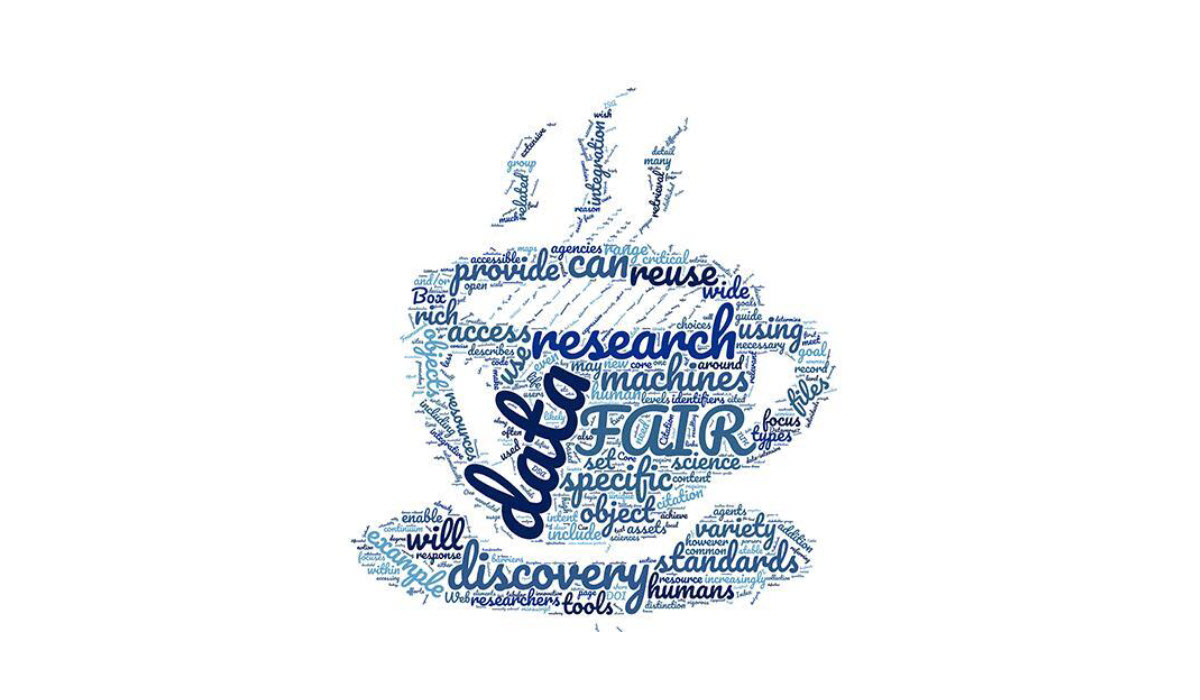Szilvia Zörgő is a cultural anthropologist by trade with a PhD in mental health sciences. Interested in qualitative, mixed, and unified research methods related to healthcare and human-information interaction. Core Lecturer Computational Social Science, University of Amsterdam, the Netherlands.
“The Potential of Interoperability in Qualitative Research”
The Reproducible Open Coding Kit (ROCK) is an open, human- and machine-readable standard developed to enable interoperability for working with qualitative data and facilitate collaboration via exchanging data and analyses in a format agnostic to any specific software. The ROCK comprises a set of concepts and conventions to be deployed in plain text files, such as identifiers to represent codes and information about data provenance, attributes of data providers or coders, and how codes relate to each other (e.g., hierarchical/network relationships). The standard is implemented in several open-source applications: the R package {rock}, a series of Shiny apps, and a javascript application (iROCK). These facilitate working with qualitative data (e.g., segmentation, coding, specifying attributes) and enable both longstanding and more innovative analyses.
The session include a walkthrough of the ROCK standard, explore some of its implementations, and discuss what interoperability can signify in qualitative research.
Participants are encouraged to bring a laptop to the session.
Event Details
Date: 17 June 2025
Time: 11.00 – 12.00 (CET)
Location: Paul Henri Spaaklaan 1, Room C2.017 (or via Zoom)
For more information and registration, please visit the event page.
Deadline for registration: 16 June, 2025


0 Comments